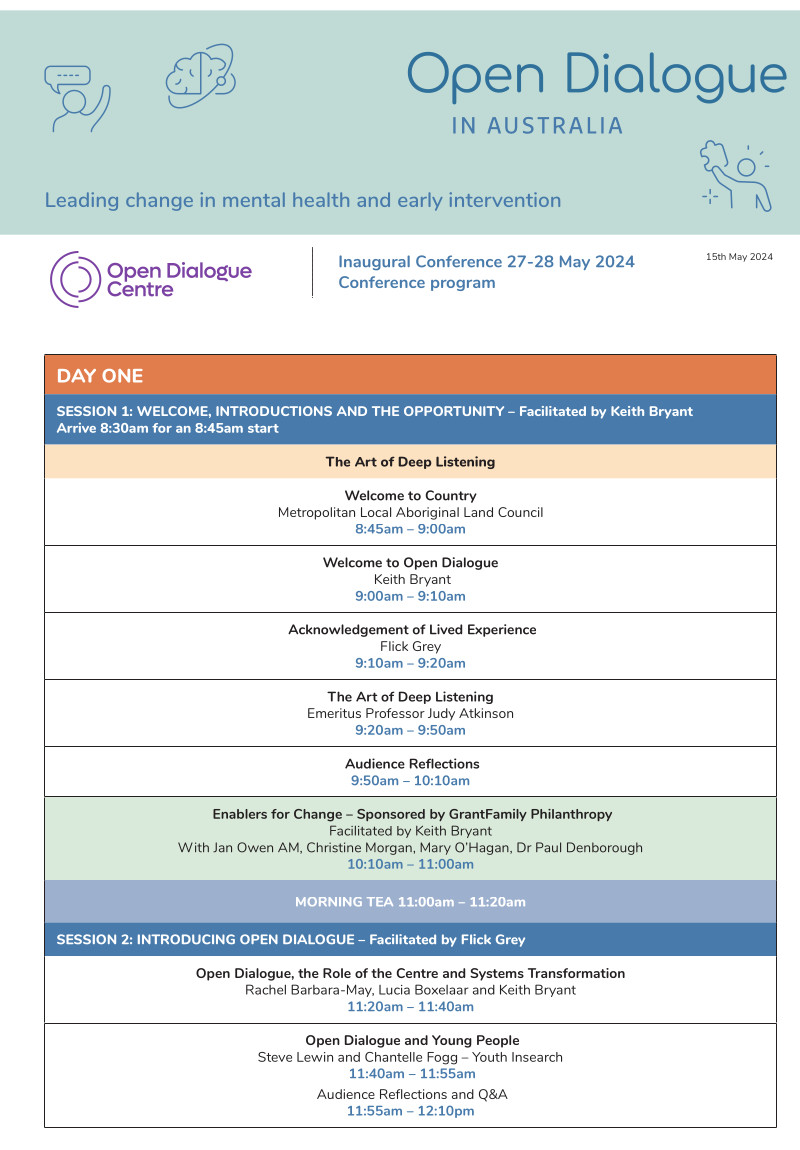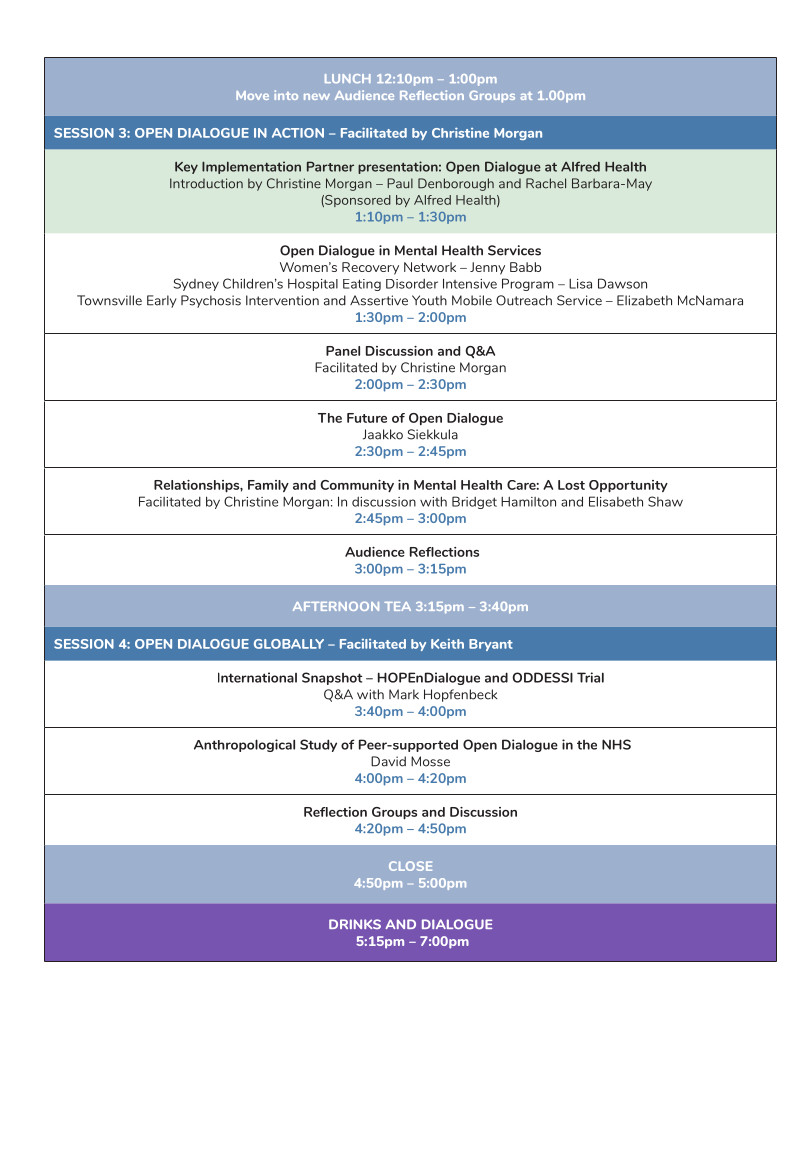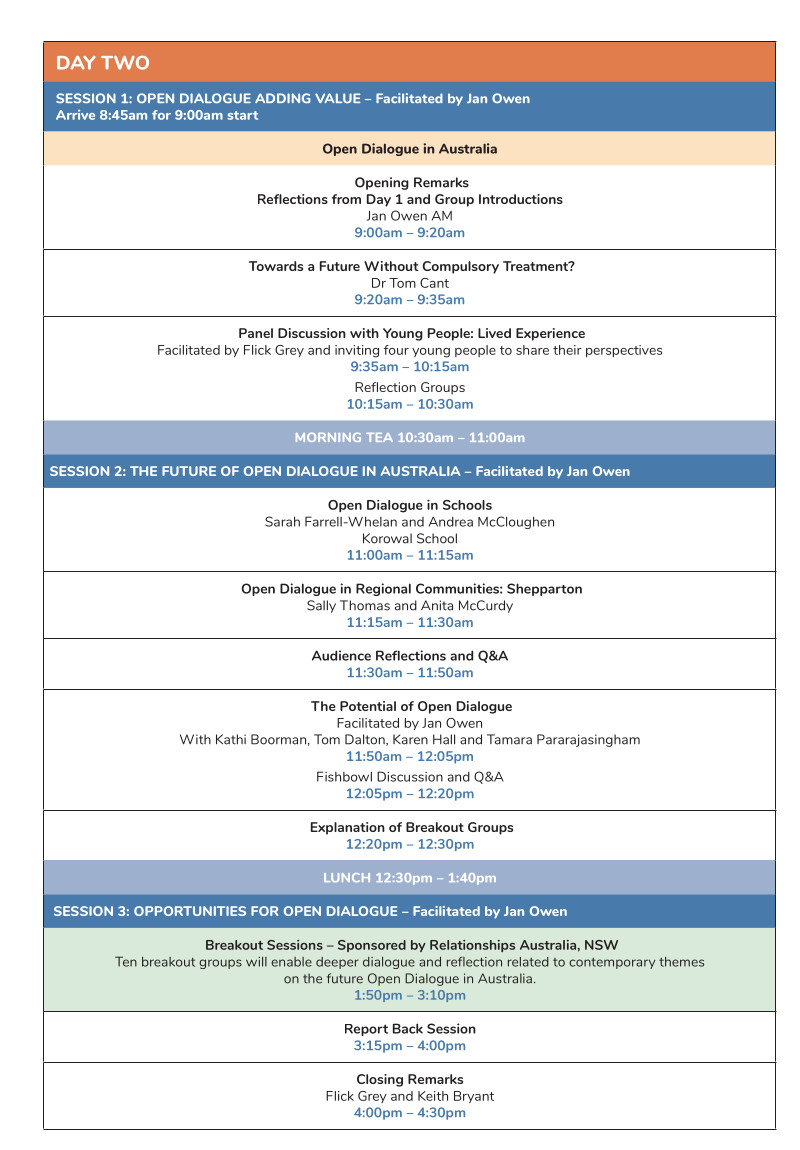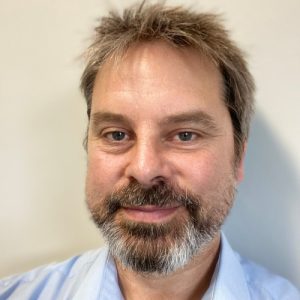OUR PROGRAM HAS LAUNCHED!
Open Dialogue
IN AUSTRALIA
Shaping the Future of Mental Health and Early Intervention
Inaugural Conference
27-28 May 2024
Sydney - Macquarie Graduate School of Management
Macquarie Park
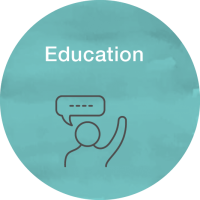
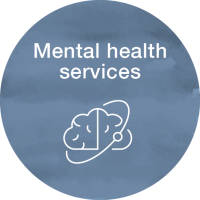
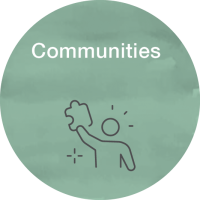
OUR PROGRAM HAS LAUNCHED!
Open Dialogue
IN AUSTRALIA
Shaping the Future of Mental Health and Early Intervention
Inaugural Conference
27-28 May 2024
Sydney - Macquarie Graduate School of Management
Macquarie Park



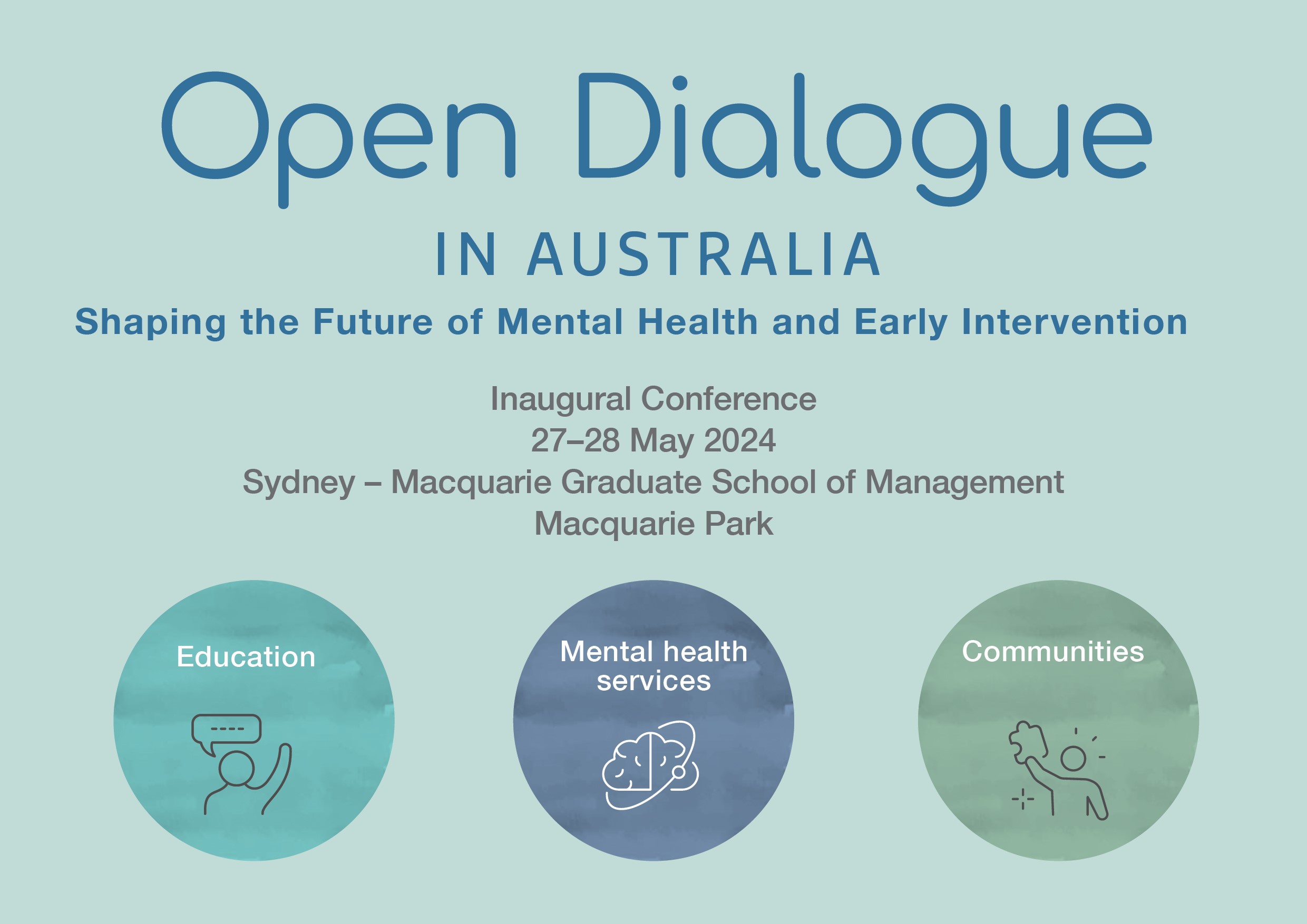
The Open Dialogue Centre is inviting health and wellbeing service professionals, educators and community leaders to two days of discovery and shared learnings gained from the growing professional practice of Open Dialogue.
Conference Program
Welcome to the Open Dialogue Centre’s inaugural conference. Hosted at the Macquarie Graduate School of Management in Macquarie Park. Our conference program has now officially launched!
Join us for a transformative experience as we bring together the extraordinary expertise of people from lived experience, mental health and wellbeing settings, alongside the Open Dialogue Centres’ key partners from VIC, QLD and NSW. Together, we will learn and share new approaches that honour the philosophy of Nothing About Us, Without Us.
This conference presents a unique opportunity for mental health professionals, school communities and leaders from a range of sectors to dive deep into crucial conversations about the role of family and community in healing and recovery. Through insightful discussions and firsthand accounts, we will create the space to explore how Open Dialogue can become part of any service or school’s approach.
Hear from organisations in different stages of implementing Open Dialogue where there have been improvements in outcomes in mental health and wellbeing, especially for young people. We invite you to be part of this vital conversation, driving change towards better solutions alongside a growing network of industry leaders.
Download our program and register now.
SYDNEY – Macquarie Graduate School of Management – MACQUARIE PARK
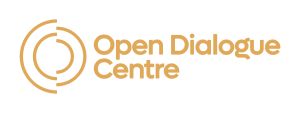
The Open Dialogue Centre is inviting health and wellbeing service professionals, educators and community leaders to two days of discovery and shared learnings gained from the growing professional practice of Open Dialogue.
ODC talked to Dr Paul Denborough and Rachel Barbara-May from The Alfred in Melbourne – our key partners and presenters. Paul is a psychiatrist and Clinical Director of the Child and Youth Mental Health Service and Headspace and Rachel is a social worker and Dialogical Practices lead.
HEAR DISCOVER EXPERIENCE LEARN
HEAR DISCOVER EXPERIENCE LEARN
Hear form experts in Open Dialogue from Australia and internationally.
Discover how Open Dialogue is being adopted and implemented in Australia in both crisis and early intervention settings.
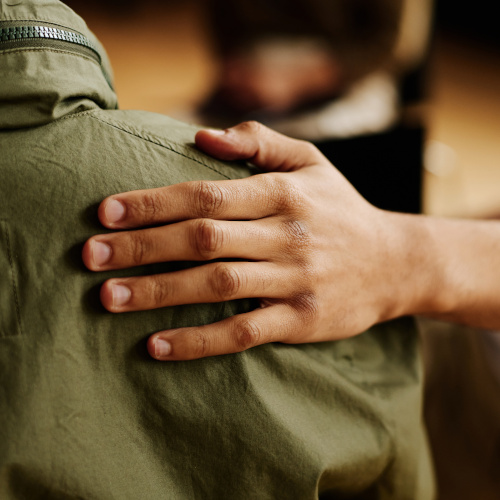
Experience how Open Dialogue improves health outcomes as a truly person-centred approach.
Learn from others in Australia who are adapting their services through Open Dialogue.
Hear form experts in Open Dialogue from Australia and internationally.
Discover how Open Dialogue is being adopted and implemented in Australia in both crisis and early intervention settings.

Experience how Open Dialogue improves health outcomes as a truly person-centred approach.
Learn from others in Australia who are adapting their services through Open Dialogue.
Speakers and Partners
Open Dialogue has demonstrated its efficacy across diverse settings, such as education, mental health contexts, and youth initiatives.
Gain insights from some of our key partners in Australia on how the Open Dialogue Centre’s co-design and adoption process has helped meet their unique needs, and supported them on their journey towards successful implementation.
We will also hear from Open Dialogue professionals from around the world – below are some of our confirmed speakers.
Open Dialogue has demonstrated its efficacy across diverse settings, such as education, mental health contexts, and youth initiatives. Gain insights from some of our key partners in Australia on how the Open Dialogue Centre’s co-design and adoption process has helped meet their unique needs, and supported them on their journey towards successful implementation. We will also hear from Open Dialogue professionals from around the world – below are some of our confirmed speakers.
Keynote Speaker
Key Note Speaker
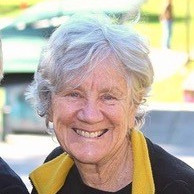
Judy Atkinson
Learning to Listen – Listening Together to Respond
Emeritus Professor Judy Atkinson AM is the author of Trauma Trails, Recreating Song Lines: The Transgenerational Effects of Trauma in Indigenous Australia. She is a Jiman-Bundjalung woman, with Anglo-German Heritage. Her work fosters healing and unity through attentive listening, Truth-telling, and collaborative learning. By confronting painful pasts and embracing them with courage and compassion, Judy paves the way for a future that cherishes diverse Stories, forging a brighter and more connected tomorrow for all Australians.
Russell Razzaque
The ODDESSI Trial – Lessons Learned and Initial Outcomes
Professor Russell Razzaque has worked as a Consultant Psychiatrist for almost twenty years, and as a part time academic for the past ten. Russell is also an Open Dialogue trainer and a Mindfulness teacher, and his areas of research focus on person-centred care and therapeutic relationships. He is the clinical lead for the multicentre randomised controlled trial, ODDESSI, studying the implementation of Open Dialogue in the NHS.
Jaakko Seikkula
The Future of Open Dialogue
Professor Jaakko Seikkula is a renowned psychotherapist, recognized for his pioneering work in Open Dialogue as a member of the original team in Western Lapland, Finland. Jaakko is an emeritus Professor of Psychotherapy at the University of Jyvaskyla, and has authored or co-authored over 200 scientific papers. His two books on dialogical practice – co-authored with Tom Erik Arnkil – have been translated into 16 languages.
Mary Olson
The Art of Presence in Open Dialogue
Dr. Mary Olson is a psychotherapist and educator with over thirty years of experience. She is the director of the Institute for Dialogic Practice and Clinical Professor of Psychiatry at Yale School of Medicine. She has provided Open Dialogue training across the world – having established the first US Open Dialogue research study and training program in 2011. She is a member of the American Academy of Family Therapy, and maintains an active private practice.
David Mosse
Understanding Peer-supported Open Dialogue in Practice: An anthropological study of OD in the UK’s NHS
David Mosse is Professor of Social Anthropology at SOAS University of London. In recent years, he has turned his personal commitments and anthropological curiosity towards psychiatric crisis and mental healthcare. In 2018-19, he designed and set up the UKRI ESRC-funded, ‘Anthropology of Peer Supported Open Dialogue’ (APOD) study in the UK. He is a trained Open Dialogue practitioner and mentor and works as part of a Community Mental Health Team in a London NHS Trust.
Key Implementation Partner and Sponsor Speakers – Alfred Health
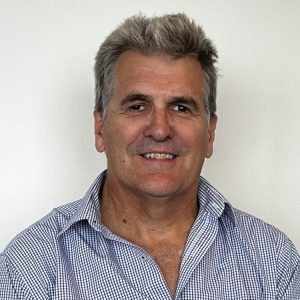
Paul Denborough is a psychiatrist renowned for transforming mental health services. As Clinical Director of Alfred Hospital’s Child and Youth Mental Health Service and Headspace, he leads innovative programs fostering best practices in youth psychiatry. With a commitment to progressive initiatives, Paul has spearheaded culture changes within the mental health system, including implementing youth early psychosis services and developing the first Headspace Centre in Australia. He is dedicated to improving mental health outcomes for young people and families.
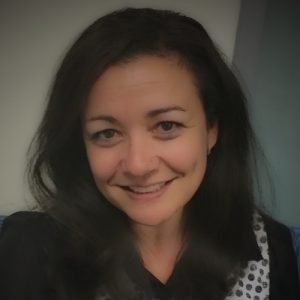
Rachel Barbara-May is a social worker and open dialogue practitioner who has worked for many years in child and youth mental health. Rachel is currently leading the adoption of dialogical practice at Alfred’s Mental Health and Addiction services, particularly in programs for those experiencing eating difficulties, within the youth early psychosis program and the Women’s Recovery Network. She is also the co-host of the Extremely Human podcast and is passionate about anti-oppressive and anti-pathologizing approaches to mental health care.
Paul Denborough
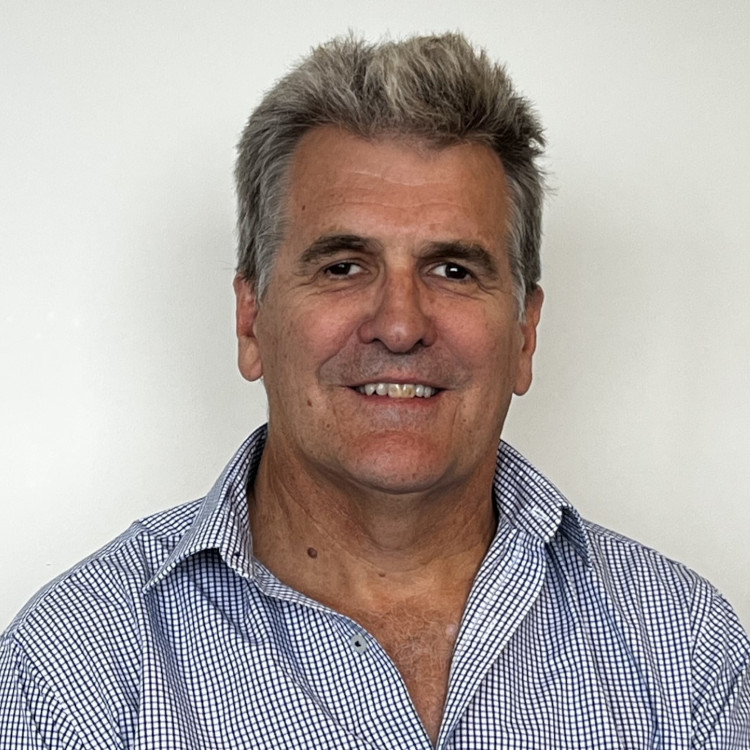
Paul Denborough is a psychiatrist renowned for transforming mental health services. As Clinical Director of Alfred Hospital’s Child and Youth Mental Health Service and Headspace, he leads innovative programs fostering best practices in youth psychiatry. With a commitment to progressive initiatives, Paul has spearheaded culture changes within the mental health system, including implementing youth early psychosis services and developing the first Headspace Centre in Australia. He is dedicated to improving mental health outcomes for young people and families.
Rachel Barbara-May
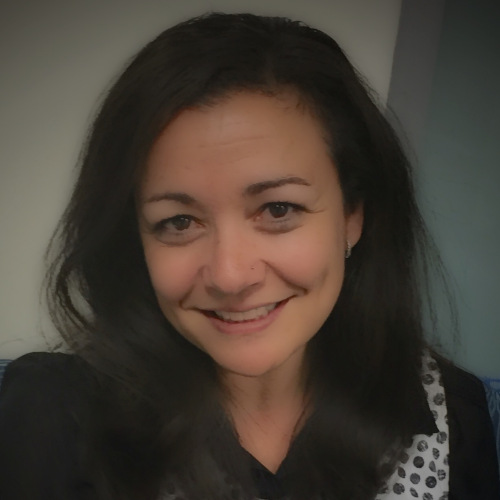
Rachel Barbara-May is a social worker and open dialogue practitioner who has worked for many years in child and youth mental health. Rachel is currently leading the adoption of dialogical practice at Alfred’s Mental Health and Addiction services, particularly in programs for those experiencing eating difficulties, within the youth early psychosis program and the Women’s Recovery Network. She is also the co-host of the Extremely Human podcast and is passionate about anti-oppressive and anti-pathologizing approaches to mental health care.
Jaakko Seikkula
The Future of Open Dialogue
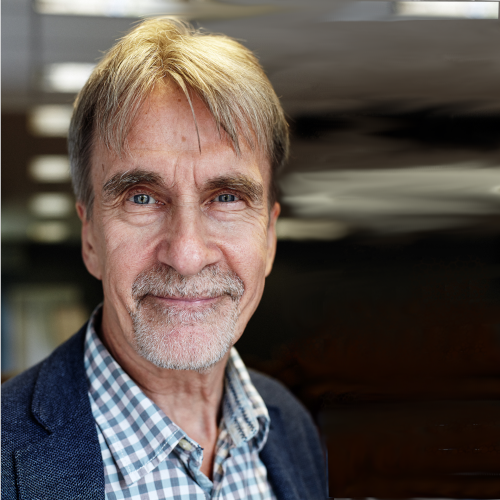
Professor Jaakko Seikkula is a renowned psychotherapist, recognized for his pioneering work in Open Dialogue as a member of the original team in Western Lapland, Finland. Jaakko is an emeritus Professor of Psychotherapy at the University of Jyvaskyla, and has authored or co-authored over 200 scientific papers. His two books on dialogical practice – co-authored with Tom Erik Arnkil – have been translated into 16 languages.
Russell Razzaque
The ODDESSI Trial – Lessons Learned and Initial Outcomes
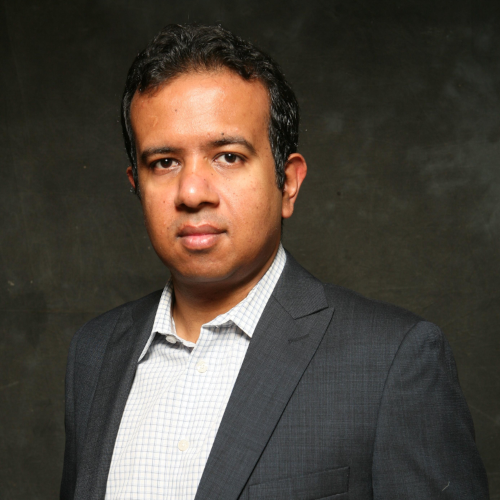
Professor Russell Razzaque has worked as a Consultant Psychiatrist for almost twenty years, and as a part time academic for the past ten. Russell is also an Open Dialogue trainer and a Mindfulness teacher, and his areas of research focus on person-centred care and therapeutic relationships. He is the clinical lead for the multicentre randomised controlled trial, ODDESSI, studying the implementation of Open Dialogue in the NHS.
Mary Olson
The Art of Presence in Open Dialogue
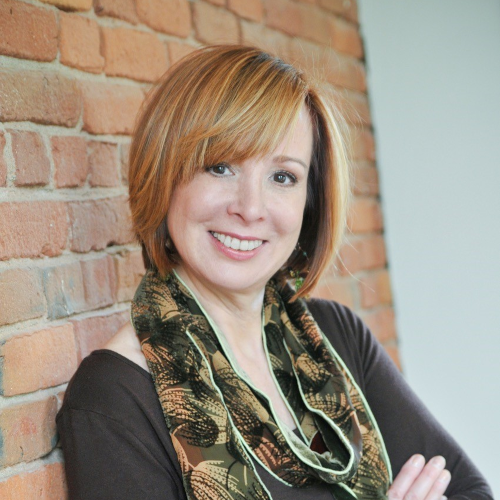
Dr. Mary Olson is a psychotherapist and educator with over thirty years of experience. She is the director of the Institute for Dialogic Practice and Clinical Professor of Psychiatry at Yale School of Medicine. She has provided Open Dialogue training across the world – having established the first US Open Dialogue research study and training program in 2011. She is a member of the American Academy of Family Therapy, and maintains an active private practice.
David Mosse
Understanding Peer-supported Open Dialogue in Practice: An anthropological study of OD in the UK’s NHS
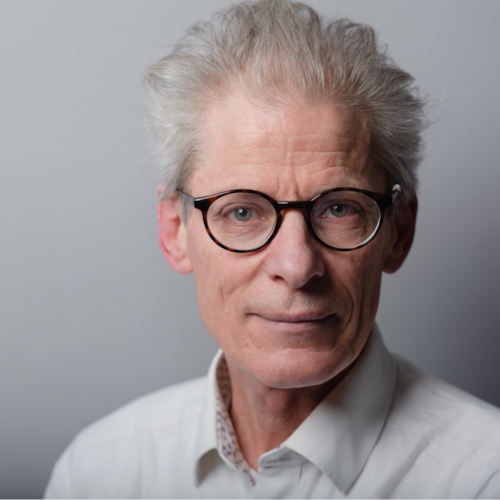
David Mosse is Professor of Social Anthropology at SOAS University of London. In recent years, he has turned his personal commitments and anthropological curiosity towards psychiatric crisis and mental healthcare. In 2018-19, he designed and set up the UKRI ESRC-funded, ‘Anthropology of Peer Supported Open Dialogue’ (APOD) study in the UK. He is a trained Open Dialogue practitioner and mentor and works as part of a Community Mental Health Team in a London NHS Trust.
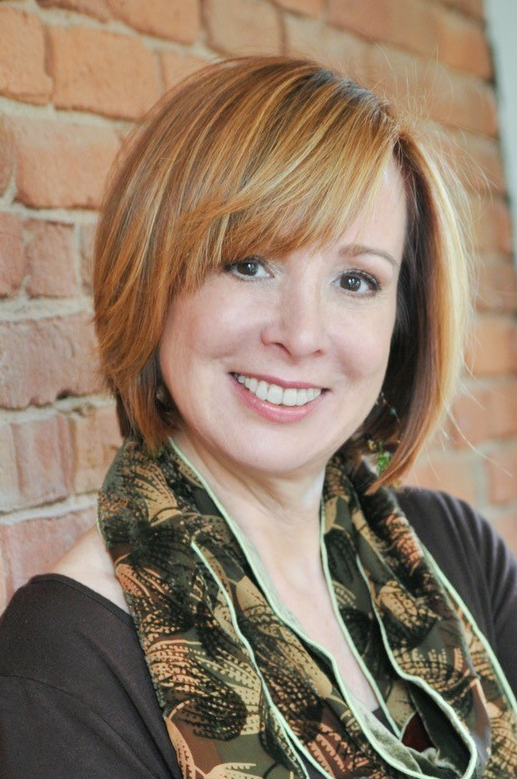
The Art of Presence in Open Dialogue
Mary Olson
Dr. Mary Olson is a psychotherapist and educator with over thirty years of experience. She is the director of the Institute for Dialogic Practice and Clinical Professor of Psychiatry at Yale School of Medicine. She has provided Open Dialogue training across the world – having established the first US Open Dialogue research study and training program in 2011. She is a member of the American Academy of Family Therapy, and maintains an active private practice.
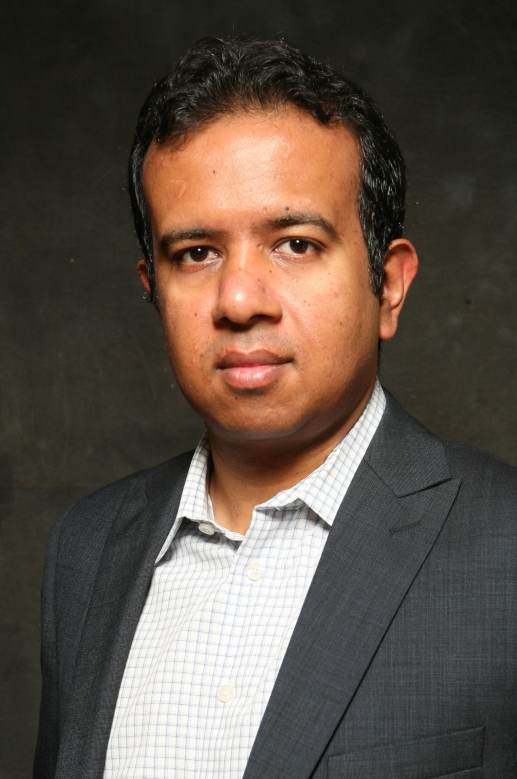
The ODDESSI Trial – Lessons Learned and Initial Outcomes
Russell Razzaque
Professor Russell Razzaque has worked as a Consultant Psychiatrist for almost twenty years, and as a part time academic for the past ten. Russell is also an Open Dialogue trainer and a Mindfulness teacher, and his areas of research focus on person-centred care and therapeutic relationships. He is the clinical lead for the multicentre randomised controlled trial, ODDESSI, studying the implementation of Open Dialogue in the NHS.
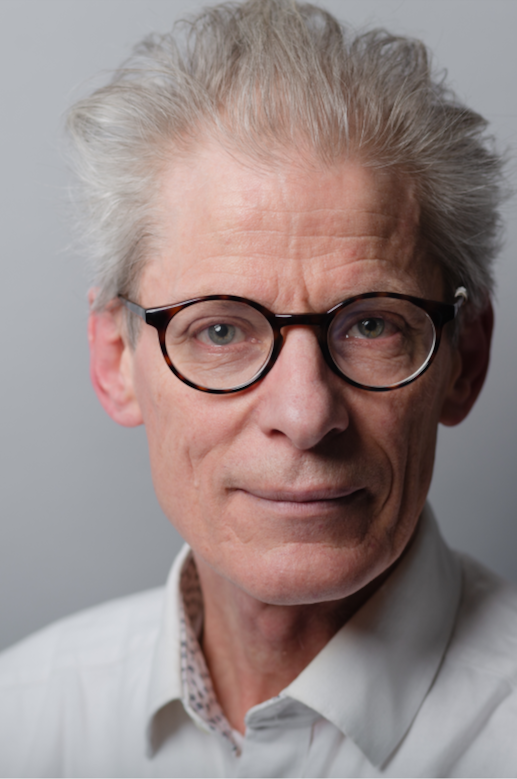
Understanding Peer-supported Open Dialogue in Practice: An anthropological study of OD in the UK’s NHS
Understanding Peer-supported Open Dialogue in Practice: An anthropological study of OD in the UK’s NHS
David Mosse
David Mosse is Professor of Social Anthropology at SOAS University of London. In recent years, he has turned his personal commitments and anthropological curiosity towards psychiatric crisis and mental healthcare. In 2018-19, he designed and set up the UKRI ESRC-funded, ‘Anthropology of Peer Supported Open Dialogue’ (APOD) study in the UK. He is a trained Open Dialogue practitioner and mentor and works as part of a Community Mental Health Team in a London NHS Trust.
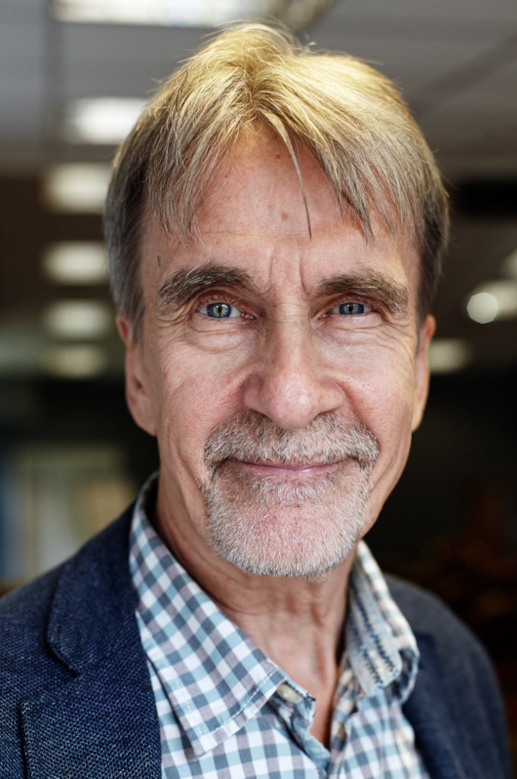
The Future of Open Dialogue
Jaakko Seikkula
Professor Jaakko Seikkula is a renowned psychotherapist, recognized for his pioneering work in Open Dialogue as a member of the original team in Western Lapland, Finland. Jaakko is an emeritus Professor of Psychotherapy at the University of Jyvaskyla, and has authored or co-authored over 200 scientific papers. His two books on dialogical practice – co-authored with Tom Erik Arnkil – have been translated into 16 languages.
Speakers
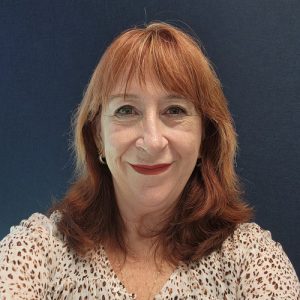
Andrea McCloughen is an Associate Professor Mental Health Nursing at the University of Sydney Faculty of Medicine and Health. She has been an academic for 14 years, following an extensive clinical career working as a Clinical Nurse Consultant and Nurse Educator in public mental health services. She is a research and teaching academic in her second term as Director of Academic Education at the Susan Wakil School of Nursing and Midwifery. Andrea is a trained Open Dialogue practitioner, contributing to dialogical practices in a K-12 school setting. Her areas of research interest include Open Dialogue implementation and practices in Australia.
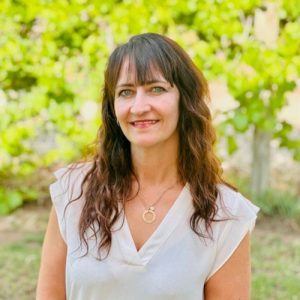 Anita McCurdy has over 25 years of experience in non-profit community services and is a Senior Manager of Education First, Youth Foyer, Better Futures & Homestretch. Focused on supporting young people’s mental health, her leadership roles span from direct youth work to management, with a recent focus on implementing Advantage Thinking models. Anita is also currently in charge of planning with the Open Dialogue Centre and local partners to implement a pilot within the Goulburn Valley region.
Anita McCurdy has over 25 years of experience in non-profit community services and is a Senior Manager of Education First, Youth Foyer, Better Futures & Homestretch. Focused on supporting young people’s mental health, her leadership roles span from direct youth work to management, with a recent focus on implementing Advantage Thinking models. Anita is also currently in charge of planning with the Open Dialogue Centre and local partners to implement a pilot within the Goulburn Valley region.
Dr Anna Sidis is a Senior Lecturer at the University of Wollongong and a clinical psychologist with close to 20 years’ experience working with young people and their support networks experiencing crises. Anna has worked in outpatient services such as the Child and Adolescent Mental Health Service (ISLHD, SESAHS), and Inpatient services such as the Walker Unit and USpace Inpatient facility. She has a keen interest in systemic and constructivist therapies including Narrative Therapy and Open Dialogue alongside co-production research which privileges the voice of lived experience.
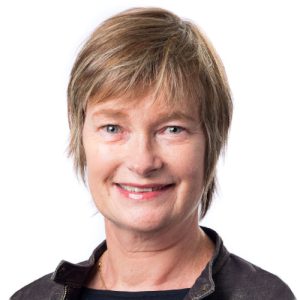
A/Prof Bridget Hamilton is Director, Centre for Mental Health Nursing at University of Melbourne. Her commitment to Open Dialogue intersects with work to grow in the mental health nursing (MHN) workforce use of practices that are relational, reflective and welcomed by consumers and families. Bridget teaches practices based in Narrative and Solutions Focused Brief Therapies, leads research shifting practice away from coercion and is currently leading teaching and research to embed Clinical Supervision for MHNs.
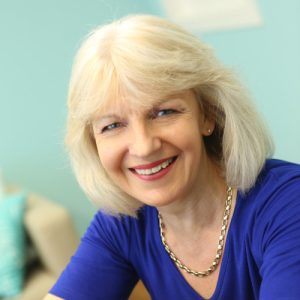
Christine Morgan is committed to using her corporate, strategic, legal and business skills to further the work of the not-for-profit sector, with a particular interest in mental health and community partnerships. As CEO of the National Mental Health Commission Christine’s focus was to work to ensure that the health system enabled and fostered cross sector collaboration and a whole of life approach to mental health and suicide prevention, to enable people to achieve the best possible mental wellbeing and to live contributing lives. She is continuing this work with her ongoing engagements with the legal and mental health sectors.
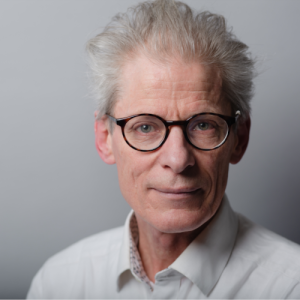
Presenting Virtually
David Mosse is Professor of Social Anthropology at SOAS University of London. In recent years, he has turned his personal commitments and anthropological curiosity towards psychiatric crisis and mental healthcare. In 2018-19, he designed and set up the UKRI ESRC-funded, ‘Anthropology of Peer Supported Open Dialogue’ (APOD) study in the UK. He is a trained Open Dialogue practitioner and mentor and works as part of a Community Mental Health Team in a London NHS Trust.
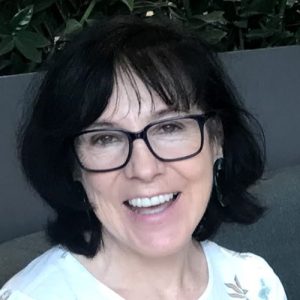
Liz McNamara is a Team Leader/Clinical Nurse Consultant for the Young Peoples Early Intervention Team and the Assertive Mobile Youth Outreach Team in Townsville, Queensland. With over 15 years of experience working in early psychosis and emerging nonpsychotic presentations as well as across all other areas of mental health, Liz has a strong passion for service development and quality improvement. Currently aiming to implement dialogical practices, commencing a 12-month pilot project this year, she aims to use this practice to engage better with First Nations young people and their families and enhance the implementation of the Lived Experience workforce.
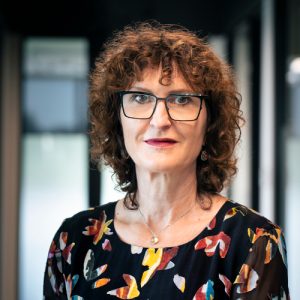
Elisabeth Shaw is a clinical and counselling psychologist specialising in couple and family work, and the CEO of Relationships Australia (NSW). With a career dedicated to relationship wellbeing and mental health, Elisabeth’s expertise spans clinical psychology, governance, professional ethics and executive coaching. She shares her knowledge through teaching at various universities and is actively involved in presenting and publishing in her areas of expertise. Additionally, Elisabeth is a senior consultant at The Ethics Centre, Fellow of the Australian Psychological Society and graduate of the Australian Institute of Company Directors.
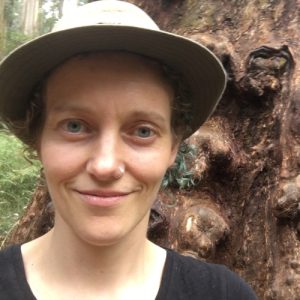
Flick Grey, a freelance consultant, has lived experience of multiplicity and extensive engagement in mental health systems and “alternatives”. With a background in social theory, law, social work, and linguistics, Flick works predominantly as a trainer, researcher, and supervisor. Her work focuses on alternatives to coercion in mental health, drawing on Intentional Peer Support, Open Dialogue, Alternatives to Suicide, Mad Studies and Warm Data. Flick has travelled internationally, thanks to a SANE Hocking Fellowship, to explore the intersection between peer work and Open Dialogue.
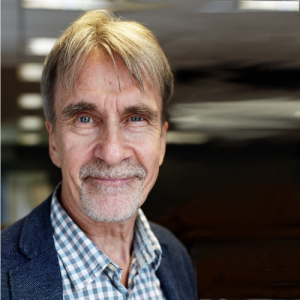
Presenting Virtually
Professor Jaakko Seikkula is a renowned psychotherapist, recognized for his pioneering work in Open Dialogue as a member of the original team in Western Lapland, Finland. Jaakko is an emeritus Professor of Psychotherapy at the University of Jyvaskyla, and has authored or co-authored over 200 scientific papers. His two books on dialogical practice – co-authored with Tom Erik Arnkil – have been translated into 16 languages.
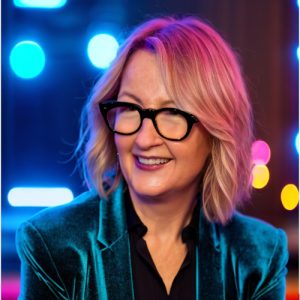
Jan Owen is a visionary leader, entrepreneur, and author specializing in education, social innovation, and health. With a wealth of experience in founding start-ups and leading national and global organisations, Jan drives purposeful and courageous social change. Her influential roles include CEO of the Foundation for Young Australians and Executive Director of Social Ventures Australia. Jan’s accolades include being named one of Australia’s True Leaders and receiving the Australian Financial Review and Westpac Woman of Influence award.
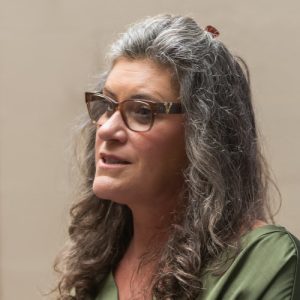
Jenny Babb serves as the Director of Statewide and Specialist Services at Alfred Mental and Addiction Health. Engaged in codesigned service development, Jenny is instrumental in implementing Dialogically Informed Practice to improve mental health services. Jenny’s areas of interest include the assessment, care, support, and treatment of women with a range of presentations including perimenopausal depression, menstrual cycle related mood disturbances, schizophrenia, bipolar affective disorder, eating disorders and trauma related presentations. She is also trained in EMDR.
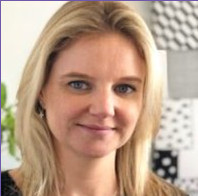
Karen is a Registered Psychologist and has over 15 years experience working in youth justice, disability and mental health services in Australia and the UK. She is the General Manager of Recovery Programs and Communities at SANE, where she is leading the delivery of digital and telehealth services to provide psychosocial supports for people impacted by complex mental health and trauma. She is interested in innovative approaches to bridge the gaps in mental health.
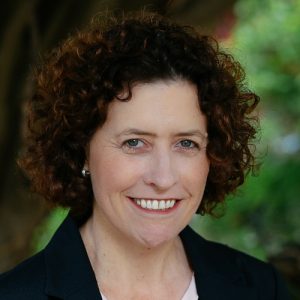
Kathi Boorman is the Chief Executive Officer of One Door Mental Health and Executive Director of Transformation for Mind Australia. She has extensive experience in developing innovative services and enabling transformational change for organisations. Kathi has been working and leading in the mental health sector for over 30 years in both government and community-managed settings. She is also a board member of Perinatal Anxiety and Depression Australia (PANDA) and sits on the Community Advisory Council for the NSW Mental Health Commission. She believes that people should be trusted, respected and be given the ways to live their passion at work
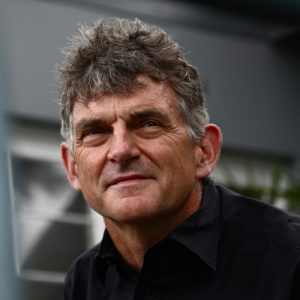
Keith Bryant is the Executive Chair and CEO at the Open Dialogue Centre. He has over 20 years’ experience in the governance and management of non-profit organisations. Keith has led and been involved in a variety of social innovations including The Benevolent Society’s role in the Good Start Consortium, The Benevolent Society’s social benefit bond, and the growth of the Foyer Foundation. Keith also volunteers as the Board Chair of two homelessness NGOs, the Foyer Foundation, and the Constellation Project.
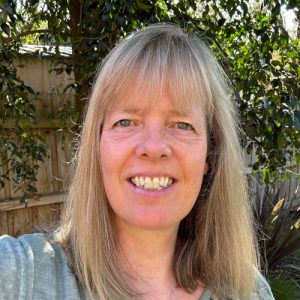
Lucia Boxelaar is Lead Principal Consultant at Clear Horizon and the Chair of the Research & Impact Committee at the Open Dialogue Centre. Throughout her career Lucia has worked for organisations committed to improving community and child wellbeing. She is passionate about helping organisations address the systemic challenges that perpetuate poverty and injustice. Until recently, Lucia held executive roles with the Brotherhood of St Laurence, an organisation that works to end poverty in Australia.
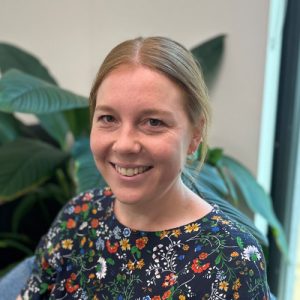
Lisa Dawson is a Senior Clinical Psychologist, family therapist, and researcher who has been working with young people with eating disorders and their families for over a decade. She is currently the Team Leader of the Eating Disorder Intensive Program for Adolescents at Sydney Children’s Hospital. Lisa is trained as an Open Dialogue trainer and her supervision and clinical work emphasises the values of dialogical practice where openness, social inclusion, and genuine user and family involvement in decision-making processes is emphasized.
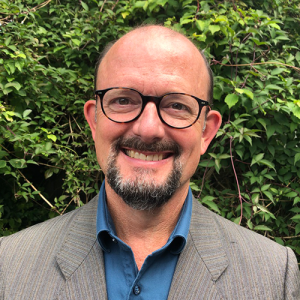
Mark Hopfenbeck, a distinguished social anthropologist, serves as an assistant professor at the Norwegian University of Science and Technology. His expertise in health and social policy extends to his role as a visiting fellow at London South Bank University and an individual partner at Oxford University’s Collaborating Centre for Values-based Practice. With a focus on mindfulness and relational welfare, Mark is deeply involved in research to enhance mental health care, including crisis intervention and the Open Dialogue approach, both nationally and globally.
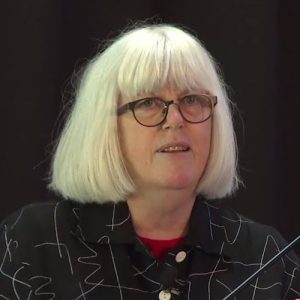
Mary O’Hagan is the Executive Director, of Lived Experience at the Department of Health, Victoria. She was a key initiator of the psychiatric survivor movement in New Zealand and was the first chairperson of the World Network of Users and Survivors of Psychiatry in the early 1990s. She has been an advisor to the United Nations and the World Health Organization, and Mental Health Commissioner in New Zealand. Mary is a Member of the New Zealand Order of Merit. She established an international peer support social enterprise called PeerZone. Mary is the author of an award-winning memoir called ‘Madness Made Me’.
Sally Thomas, an Occupational Therapist, brings 25 years of experience in Victoria’s public mental health sector. Beginning in Adult Community Mental Health Teams, she transitioned to an Early Psychosis role, emphasizing recovery. As manager of the West Hume Primary Mental Health Program, she initiated key initiatives like the Perinatal Emotional Health Program. Currently overseeing the Goulburn Valley Child and Adolescent Mental Health Service, she prioritizes community relationships. Recently, Sally joined GV Health’s Transformation team to implement the Victorian Royal Commission’s Mental Health Services recommendations, focusing on Infant, Child, and Youth services.
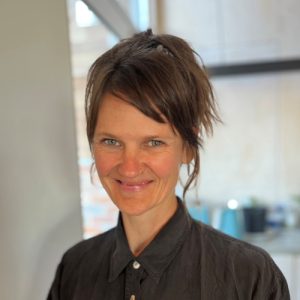
Sarah Farrell-Whelan is a Social Worker who has 20 years of experience working with children and youth within family and community systems in response to mental health. Transitioning across non-government, government, and mental health sectors, Sarah now works in a co-educational independent school in the Blue Mountains, Australia. Through systemic therapy and community engagement, Sarah empowers young individuals to voice their lived experiences. She is currently working to influence the education system in Australia to re-conceptualise its approach to mental health and wellbeing through an Open Dialogue lens.
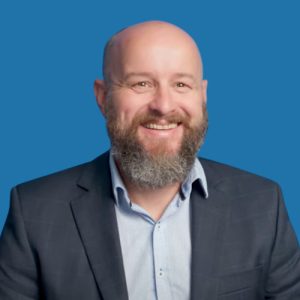
Stephen Lewin, CEO of Youth Insearch Foundation, brings a wealth of experience in public-sector management to his role. Starting as a former Youth Insearch participant, Stephen rose to senior positions within the NSW Government, delivering vital services to vulnerable populations. Stephen is known for implementing lasting change, he holds qualifications including an Executive MBA and a Graduate Certificate in Public Sector Management, emphasizing his commitment to creating public value and transforming organizational culture.
Dr Tom Cant is a Consultant Psychiatrist working in adult community mental health care in the Bay of Plenty, New Zealand. He recently moved from the UK where he had the role of principle investigator for the Devon site of ODDESSI and APOD, and is a Peer Supported Open Dialogue Facilitator, and is keen to support the development of more culturally informed, relational and compassionate forms of mental health care.
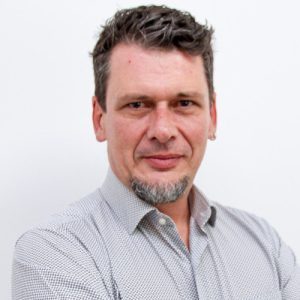
Tom is the CEO at Neami National and has extensive experience in mental health. With a background beginning in 1994 in government legal and policy roles, clinical services, and the community mental health sector, he prioritizes consumer, carer, and service provider voices in policy development and service delivery. His collaborative leadership style fosters change within and beyond organizations, aiming for a robust community mental health sector nationwide. Committed to a strong and vibrant community mental health sector across Australia and he’s always looking for opportunities to share knowledge and learn.
EVENT SPONSORS





